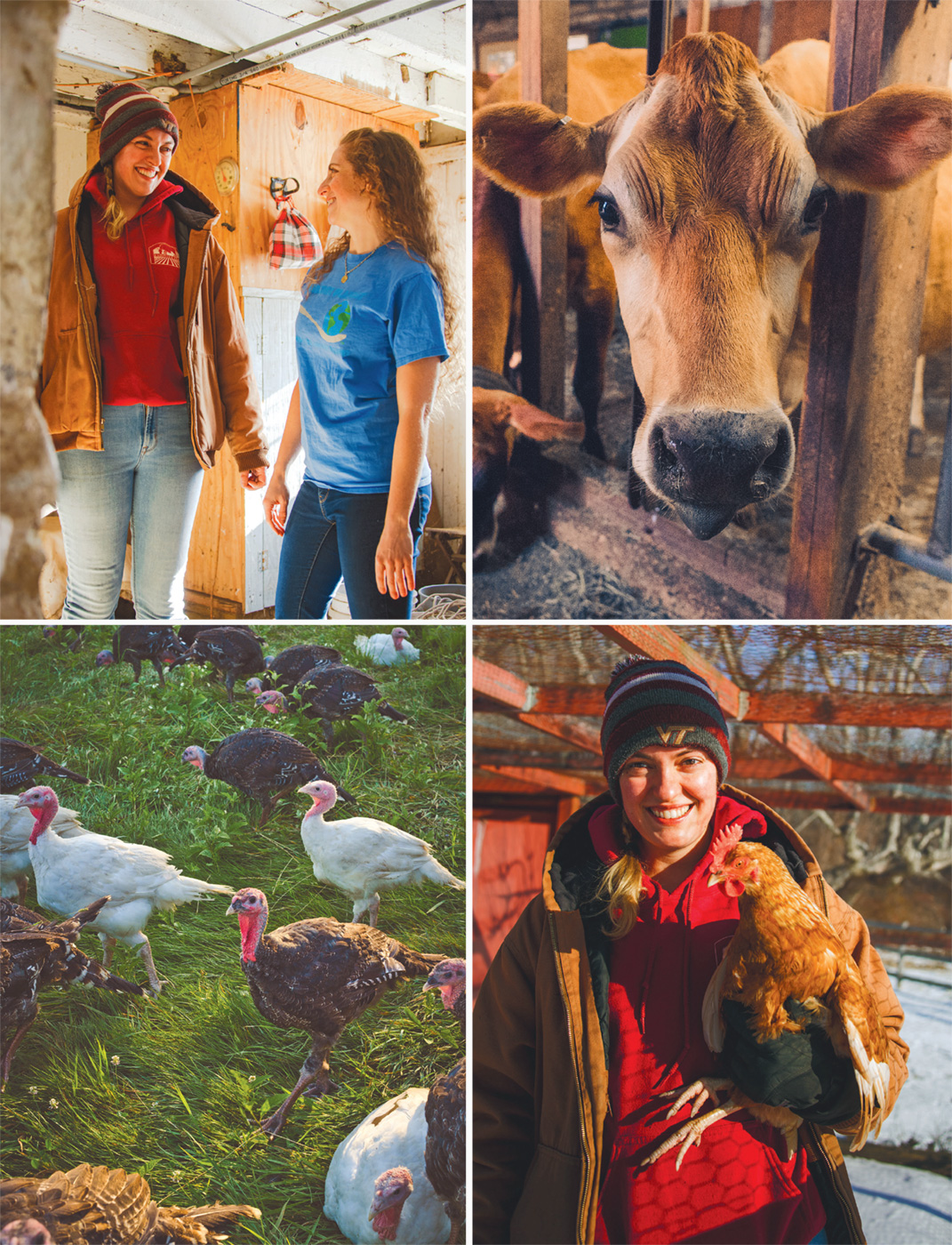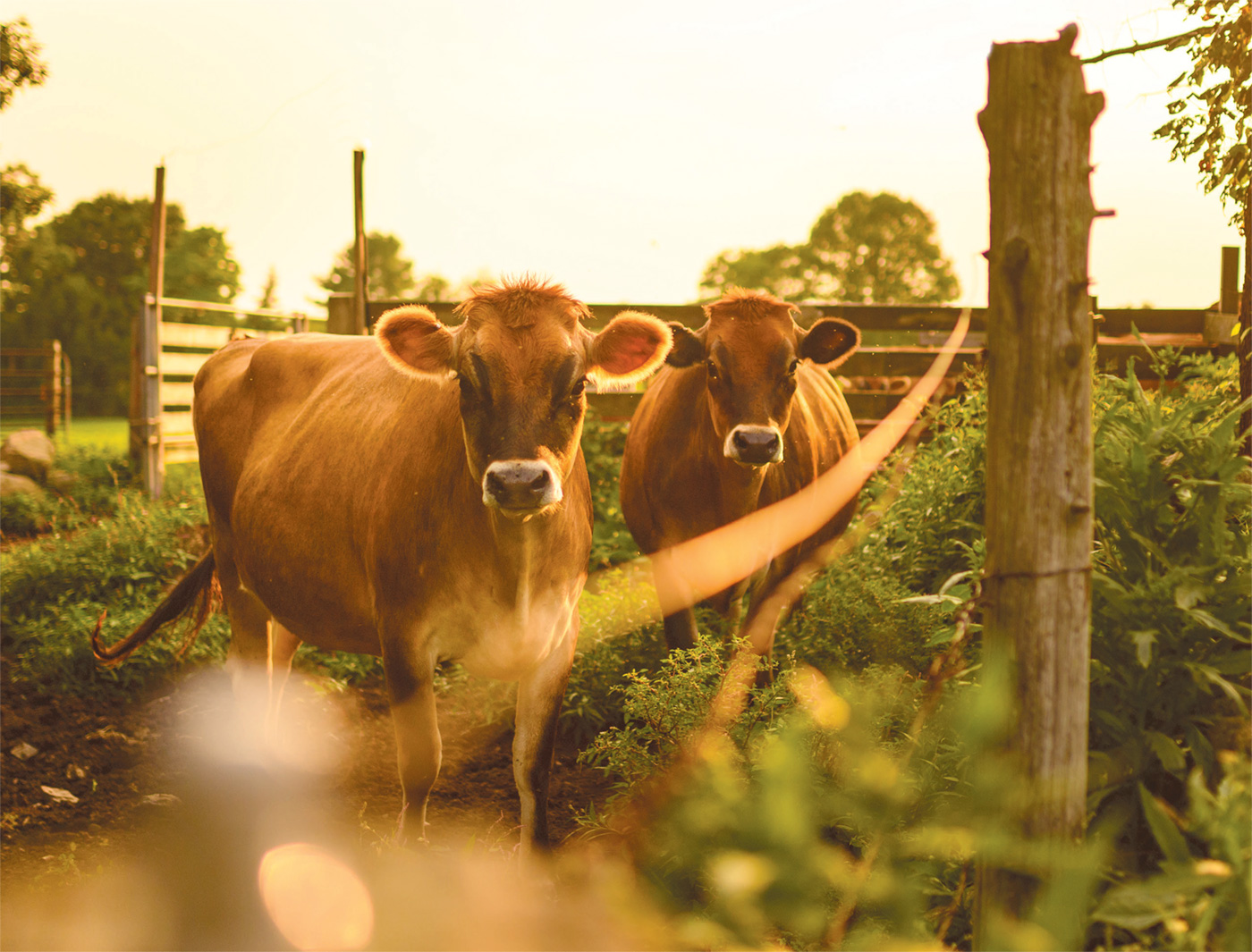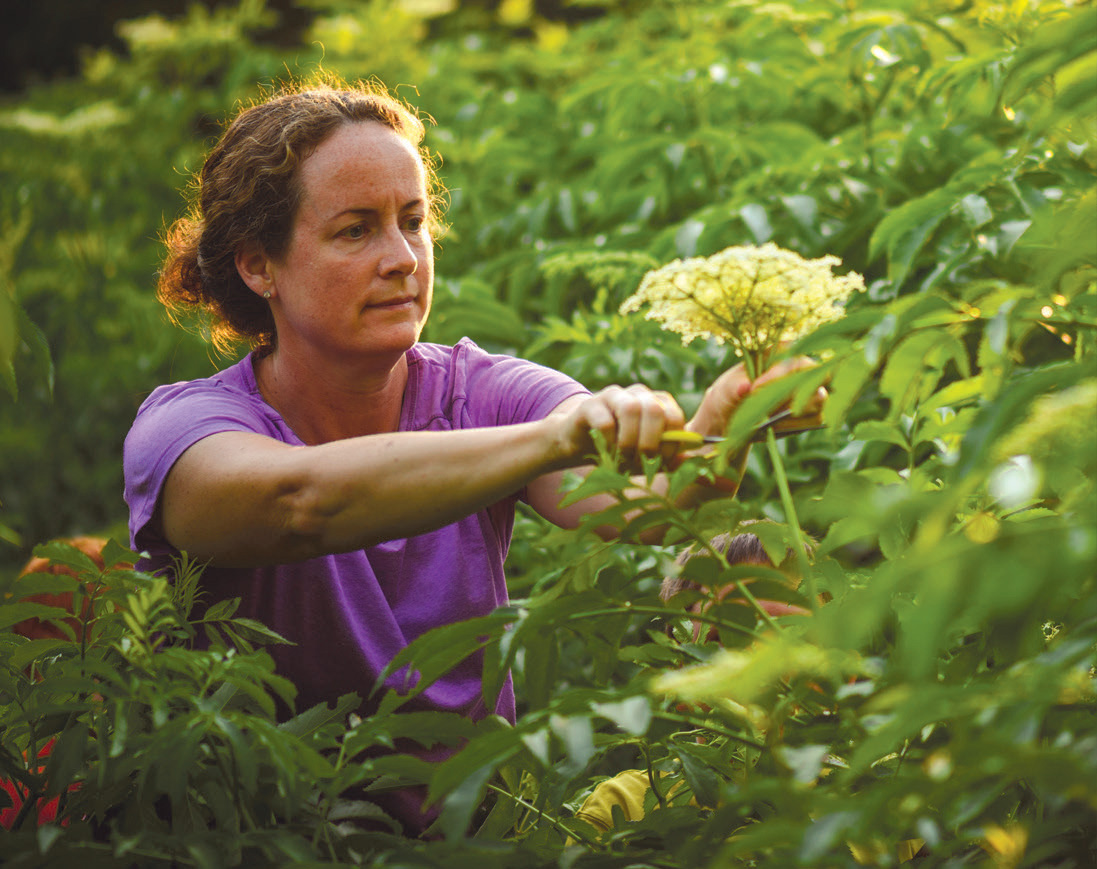Connecting Farmers and Food Artisans to Local Customers
The sun was just beginning to beam across the horizon as I hopped on my bike. I coasted down Boston Post Road, what was once the major communication highway between Boston and New York. Then, I peddled hard down Upper Pattagansett Road until I came to the bright entrance to White Gate Farm, a USDA Certified Organic Farm in East Lyme, Connecticut.
Last night’s light rain laced the spider webs which were speckled across the cool green grass. I swung open the greenhouse doors and gave the vegetables their first drink of the day. I moved on towards the main fields where I did some light weeding. I pulled the amaranth out by its strong roots before making my way down to the cucumbers where I harvested one after another. During the summer of 2007, this was how I spent my days. There was something very peaceful and predictable about working at White Gate Farm. My family had been community supported agriculture (CSA) members in the past, so working there was the perfect summer opportunity. I was fortunate to grow up in a family where eating healthy food was second nature. We always ate homecooked meals made with fresh, local, organic ingredients.
This foundation led me to study land economy at Cambridge University in England where I explored strategies for sustainable agriculture. My research brought me to Borneo, an island covered in vast swaths of oil palm plantations. Oil palm cultivation has developed a bad reputation for being environmentally destructive and socially exploitative. Unfortunately, it is not the only agricultural commodity that has these issues, but when we are so far removed from where and how our food is grown, it can be difficult to understand potential impacts of the industrial food system we are reliant upon. These issues can only begin to be overcome with full supply chain transparency and traceability.
To help solve this challenge, I am now working on cultivating a unique food business: Healthy PlanEat. Healthy PlanEat is an online marketplace where farmers committed to environmentally sustainable growing practices and food artisans can sell food directly to local customers including individuals, restaurants, shops, and schools. What started out as a small website I built myself has developed into a growing technology platform. Our community of like-minded farmers and food artisans is eager to transform the way food is grown, bought, and enjoyed by local people.

(clockwise from top left) Rosemary & Hannah at Provider Farm; happy cows at Cato Corner; Hannah with a chicken; turkeys at White Gate Farm.
Farmers who are part of the Healthy PlanEat community are committed to environmentally sustainable growing practices. Industrialized agriculture is currently the leading cause of deforestation around the world and is one of the largest contributors to climate change, emitting nearly a third of global greenhouse gas emissions. The synthetic fertilizers and pesticides which drown crops across the nation are still polluting ecosystems and waterways despite Silent Spring author Rachel Carson’s warnings in the early 1960s. But, through the use of cover crops, crop rotations, and natural pest management, synthetic chemicals can be avoided, and soil health can be restored.
The Healthy PlanEat online marketplace is fully focused on connecting farmers and food artisans to local customers. Food supply chains have become incredibly unwieldy and vulnerable to disruption. A recent study which explored the flow of food throughout the United States found that our nation’s food system is highly reliant on less than a dozen counties, the majority of which are located in California. It is not uncommon for highly perishable food items to be transported thousands of miles before they finally reach your plate. Healthy PlanEat brings complete transparency and traceability to the supply chain by showing you exactly who grows your food, how they grow it, and where you can source it locally. When you support local, it strengthens our local food system.
We are excited to create an enjoyable local food experience that shows you what’s currently in season and how local ingredients can be combined to create a wonderful meal. Whether that is through a locally inspired recipe which accompanies the food you buy, or by having ingredients served to you at a local restaurant or to children at a local school, the food grown by local farmers and crafted by local food artisans who are members of the Healthy PlanEat community is fresh, nutritious, and delicious.
At its core, Healthy PlanEat exists to increase access to healthy, sustainably, and locally grown food. The most powerful thing the average person can do to improve their health and conserve the environment is to choose a sustainable diet. Together, we can accomplish this at every meal.
- Find out more at www.healthyplaneat.com






